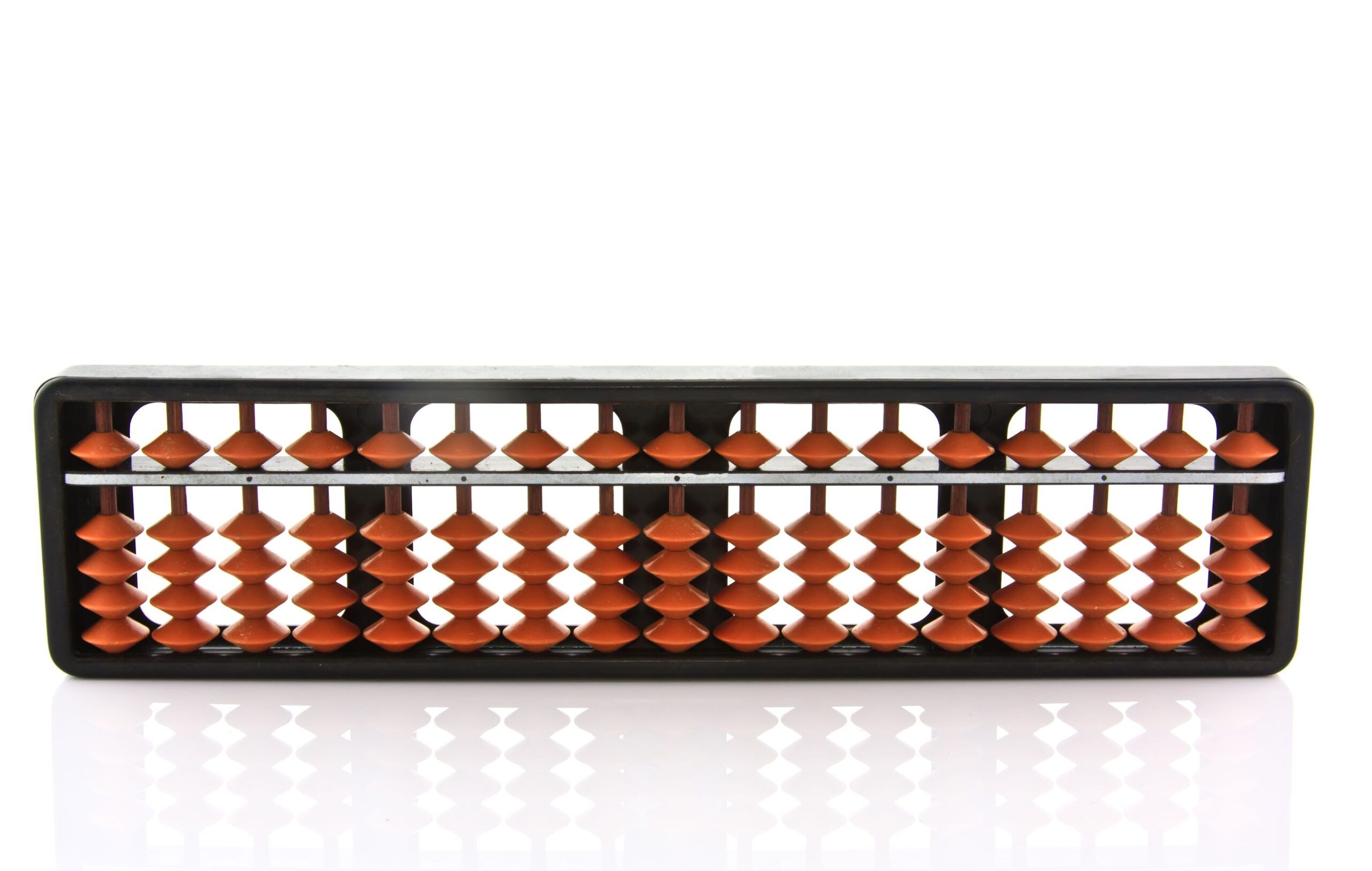
08 Apr Bridge the Gap: The Benefits of Math Tutoring Classes and Summer Programs
Bridge the Gap: The Benefits of Math Tutoring Classes and Summer Programs
Keeping a child engaged in math learning over the summer has several benefits. This post from Aloha Mind Math learning centers, will highlight those benefits and also offer practical tips for parents looking to support their child’s academic growth during the summer break.
Research Shows Students Lose Skills over the Summer Frequently Including Math
While most parents are aware of the Summer Slide, whereby some children lose knowledge they’ve gained during the year, we don’t always know how to help. Studies have shown that students can lose “two months of grade level equivalency in reading and mathematical computation skills,” and their test scores flatten or drop over the summer months… “with larger drops typically in math than reading.” *
Research also shows that summer math camps, tutoring, and similar programs can help students retain learning. ** Some key findings from a Rand study are that of children who took a voluntary academic summer program those “with high attendance in one summer benefited in mathematics and that these benefits persisted through the following spring.” Summertime classes even help kids who love learning keep their skills up, not just those who might be falling behind.
Finding a Summer Math Learning Center is One Way Parents Can Help
Enrolling your child in a summer math program helps reinforce skills learned during the year and keep kids engaged in learning. Maintaining the habit of learning is crucial for children. Math tutoring over the summertime can provide more individual attention for your child. And although math teachers at learning centers teach the same material that is taught at school, they often bring a different approach and modes of learning. Also, summer instructors do not have preconceived ideas about your child’s past challenges; they meet students where they are. Math learning outside of a standard classroom can help build confidence, help kids overcome math anxiety, and help them be ready for fall.
Other ways Parents can Help – Bring Math into Everyday Living
Incorporate math into your daily life, activities, and discussions with kids.
Simple things for your younger kids:
- Have a child help you count change. Allow them to add the change they count into their piggy bank.
- and tell you the time.
- Maybe what time will it be when you reach your vacation destination in 45 minutes.
- Count carrots for dinner or potatoes for summer potato salad or how many apples for the apple pie, and can they count the number of slices after the apples are cut?
- When cooking or baking… have young kids help you measure and count chocolate chips in the cookies.
For older kids:
- Can your child calculate how many miles from the rest stop to the amusement park, or from home to the airport, or from the airport to your destination,
- Engage older children with percentages, have them help you calculate the tip for a meal out, or the tax on in-store or online purchases, or how much the family movie tickets will cost.
- In the kitchen with older kids, you can supervise them actually cooking. Have them reading the recipe, telling you what to do, but have them measuring things, and adding them in the correct order.
- Find out what your child is learning about in Math camp and incorporate it when you see math happening in your family life. Have kids tell you what they learned that week in math camp. Then ask them how they can practice and apply what they learned at camp, around home.
What I learned about math and baking: When I was a young teenager, my parents went to a family friend’s house for dinner. My brothers were babysitting. I was making a double batch of a simple cake from a recipe, and it famously turned out “lumpy, bumpy and not right,” as I said to my mom on the phone after it was done. I learned both a math and a cooking lesson that day – that math is useful and to pay more attention. I should have doubled all of the ingredients, but I had only doubled the flour. You can incorporate math and life skills this summer with your kids too.
How Can ALOHA Mind Math’s Summer Math Classes Help?
Aloha’s offers an accelerated version of our math programs during summer for children aged 5 to12. Instead of attending once a week, like during the school year, in summer, students work with ALOHA instructors daily for a week, and have a more concentrated experience. Our trained instructors don’t just sit a child in front of a computer or hand out worksheets, but the teaching is very interactive. Our teachers also supplement age-appropriate core school curriculum with innovative techniques like introducing mental math, which makes learning fun and helps kids build confidence.
These types of summer programs are held on a more flexible schedule to keep students learning over the summer break but also allow kids to go back to fun and games the rest of the time. While this type of learning isn’t the same as the 5 days a week and 4-5 hours a day of school, summer programs do allow a child to balance play and fun with friends, while still allowing for learning progress, and slowing that summer slide. If this leads you to search online for “math tutoring near me or math classes near me,” ALOHA Mind Math’s got you covered.
Written by Cathy Larkin, a freelance writer and social media coordinator, who has been a part of the ALOHA Mind Math team for several years.
Research
* https://www.nwea.org/blog/2024/summer-learning-loss-what-we-know-what-were-learning/



Sorry, the comment form is closed at this time.